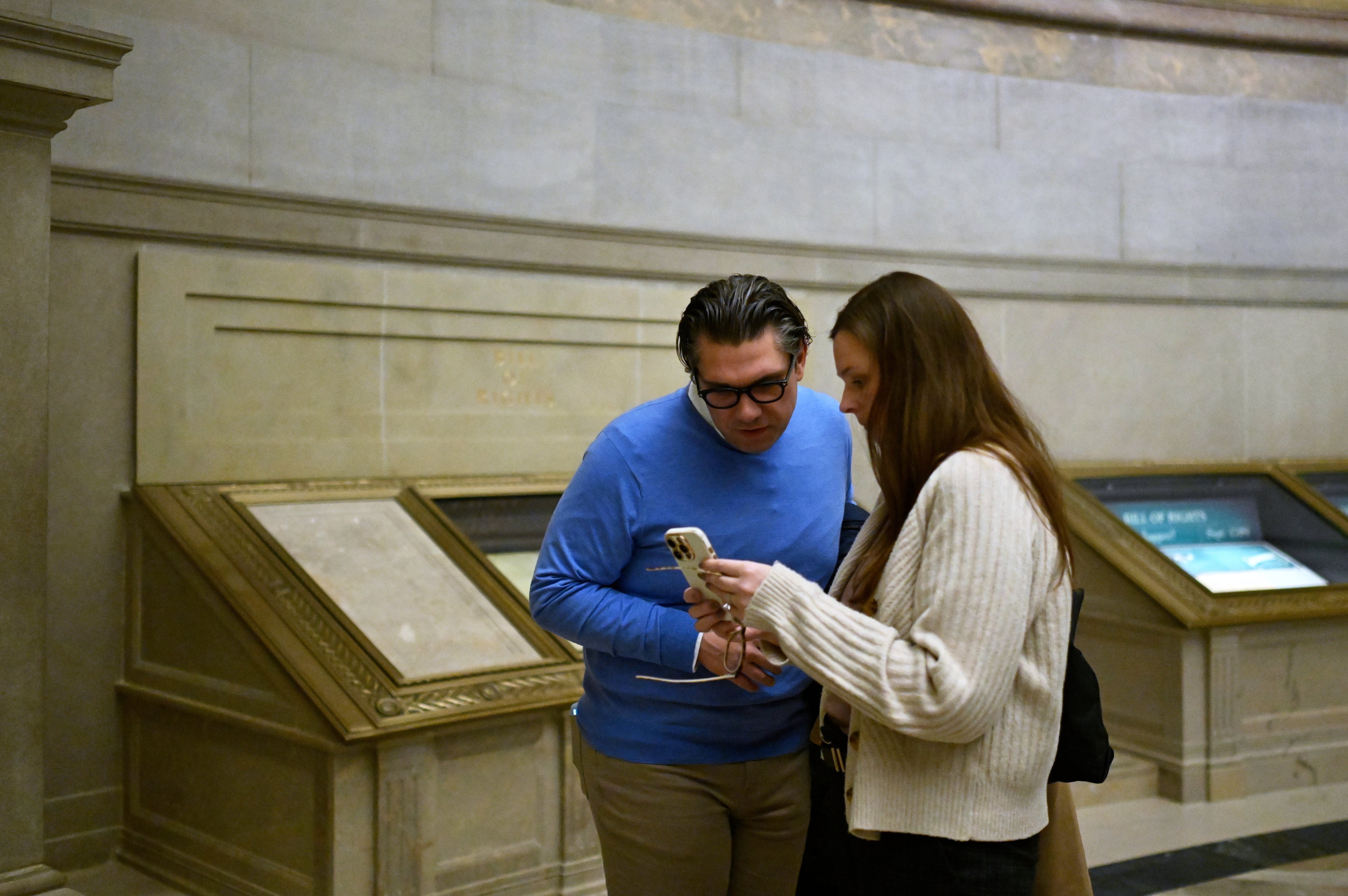Journey through Black history

I didn’t know what Juneteenth was until I was almost an adult.
I remember watching a documentary and being shocked to learn that, in Texas, about 250,000 Black people had remained enslaved for 2 1/2 years after the Emancipation Proclamation of 1863. With no Union troops there to enforce the executive order, slave owners in Texas simply ignored the law. The day the troops arrived — and spread the word that slavery was no longer legal — is celebrated as Juneteenth, a portmanteau of June 19.
How had I not learned this history? Why did most Americans know little to nothing about it?
While Texas and some cities across the country officially recognized Juneteenth as a holiday starting in 1980, it wasn’t until 2021 that June 19 became a federal holiday.
In Atlanta, celebrating Juneteenth today means enjoying 5K runs, free concerts, festivals and cookouts, but there is still a newness about Juneteenth that offers Americans the freedom to create new traditions.
Last year, I honored Juneteenth by reading a book about the history of Juneteenth.
This year, I am marking Juneteenth by embarking on a road trip to explore the ways in which Black history is being preserved and depicted in the South.
For the next five days, I will be journeying through Georgia and the neighboring states of South Carolina and Alabama to visit five museums, two of which are opening this summer.
My 12-year-old daughter is my travel companion because these kinds of edutainment trips are something of a tradition in my family. In addition, I want her to know the details and nuances of American history before she is an adult.
We’ve plotted a route that begins in Charleston and winds through Macon before ending in coastal Alabama, where another piece of hidden history surfaced in 2019. Historians confirmed a sunken ship in the Mobile River was the Clotilda, the last transatlantic slave ship to (illegally) bring Africans to the United States.

The institutions we are visiting are varied and distinct. When I was growing up, there were no multimillion-dollar museums dedicated to Black history. In my hometown of Chicago, the DuSable Black History Museum and Education Center, established in 1960, was one of the first independent, nonprofit Black history museums in the country.
The appetite for Black history museums has expanded since the 1990s. That decade, 30 institutions opened across the country, according to 2019 data from the World Atlas.
Florida tops the list of states with the most Black History museums with 10 such institutions. That is somewhat surprising, given the recent travel advisory from the NAACP and the boycott of the state in support of immigrant communities that was recently called by the Georgia Latino Alliance for Human Rights.
Or maybe, it isn’t surprising at all.
We are not going to Florida, not because of the travel ban or the boycott, but because the newest African American museums are in other states and time and resources are limited.
I have personal goals for this road trip, but I also want readers of this column to explore with me. I hope the journey leaves all of us with a better understanding of what it takes to preserve history and why history is worth preserving, especially history that has been ignored or hidden.
I am excited about all the people we are scheduled to meet, from museum CEOs and curators to the descendants of people whose history is being told at these institutions. It is an opportunity for my daughter to discover and explore the kind of history that isn’t always taught in schools.
We’ll take you on the road with us as we drive from state to state and museum to museum.
I’ll be posting short travelogues each day. And, when we return, look for a series of stories that offers an in- depth view of everything we learned and all that we have yet to learn. Follow our journey at https://www.ajc.com/opinion/real-life-blog/ and https://www.instagram.com/ajcnews/.
About this series

In June, Atlanta Journal-Constitution columnist Nedra Rhone and her 12-year-old daughter took a five-day road trip to Black history museums in South Carolina, Georgia and Alabama.
With two new institutions opening in the region this summer, Rhone saw an opportunity to examine the ways that history is being preserved in the South. She considers the museums more important than ever now, as lawmakers around the nation are limiting how race is discussed in schools.
Rhone reflects more deeply on what she and her daughter learned on their journey in this three-part series.
THURSDAY: For many Black Americans, Charleston was our ancestors’ Ellis Island
SATURDAY: A preteen’s take on history: America moving forward, slowly
SUNDAY: Museum tells story of Africatown, its people and the crime that started it all



